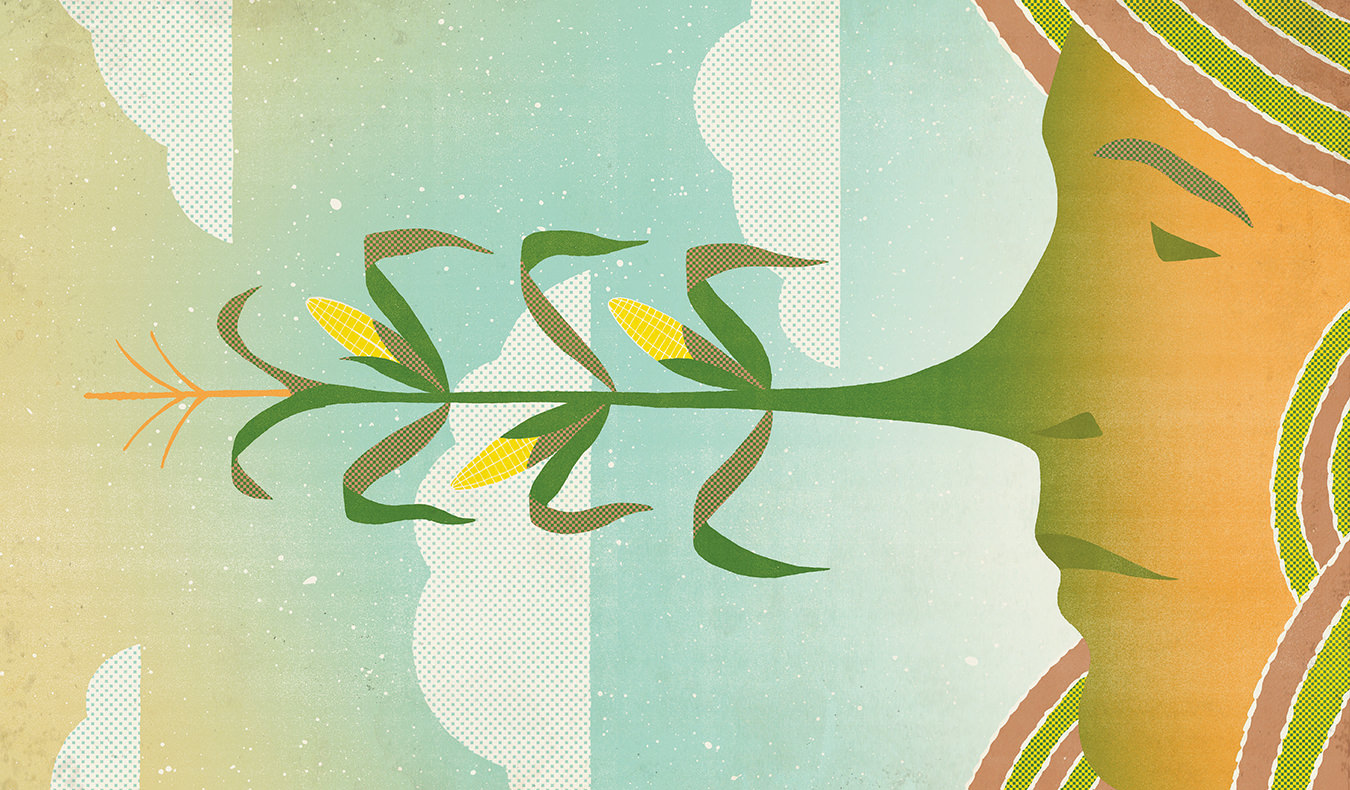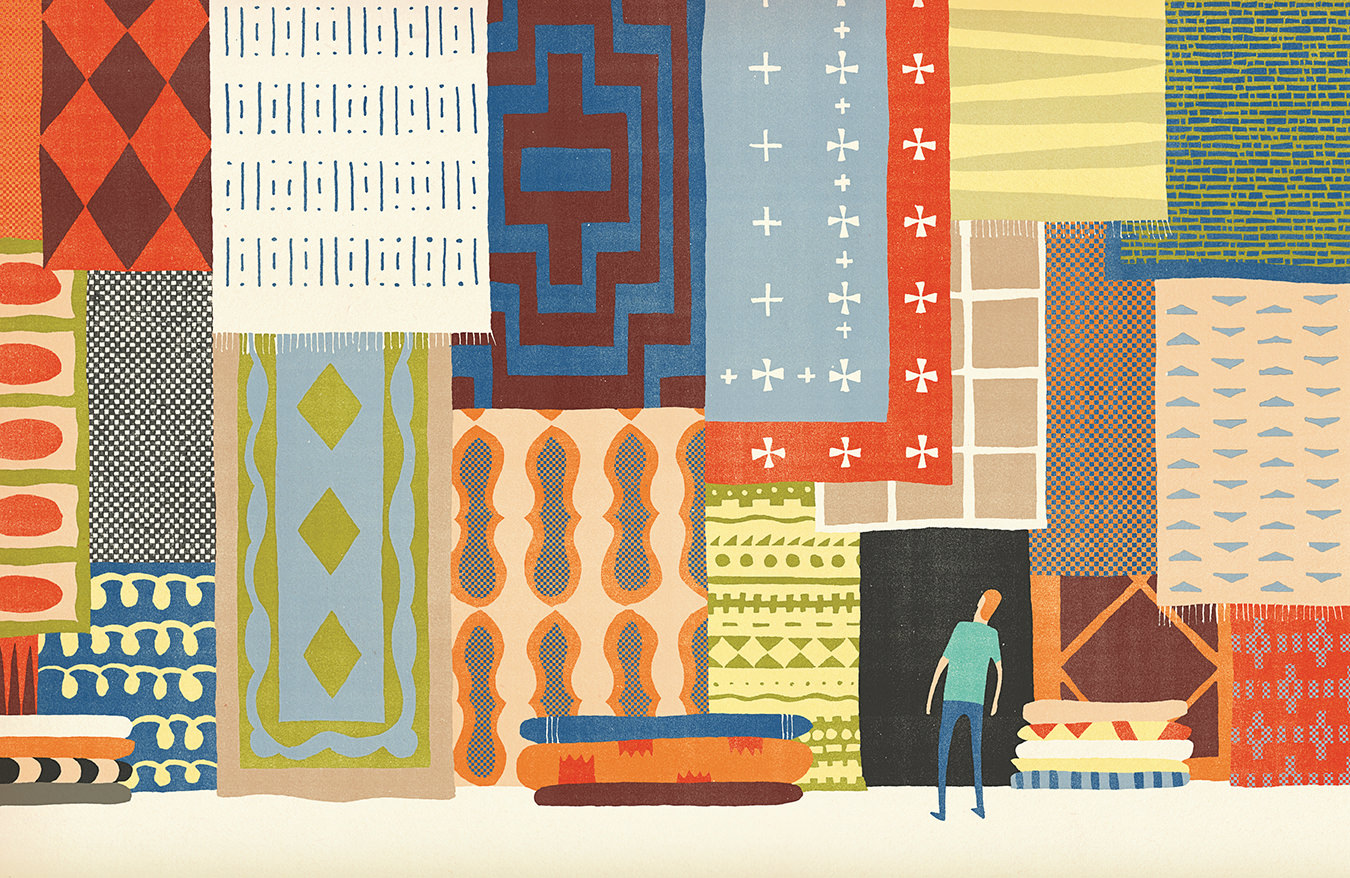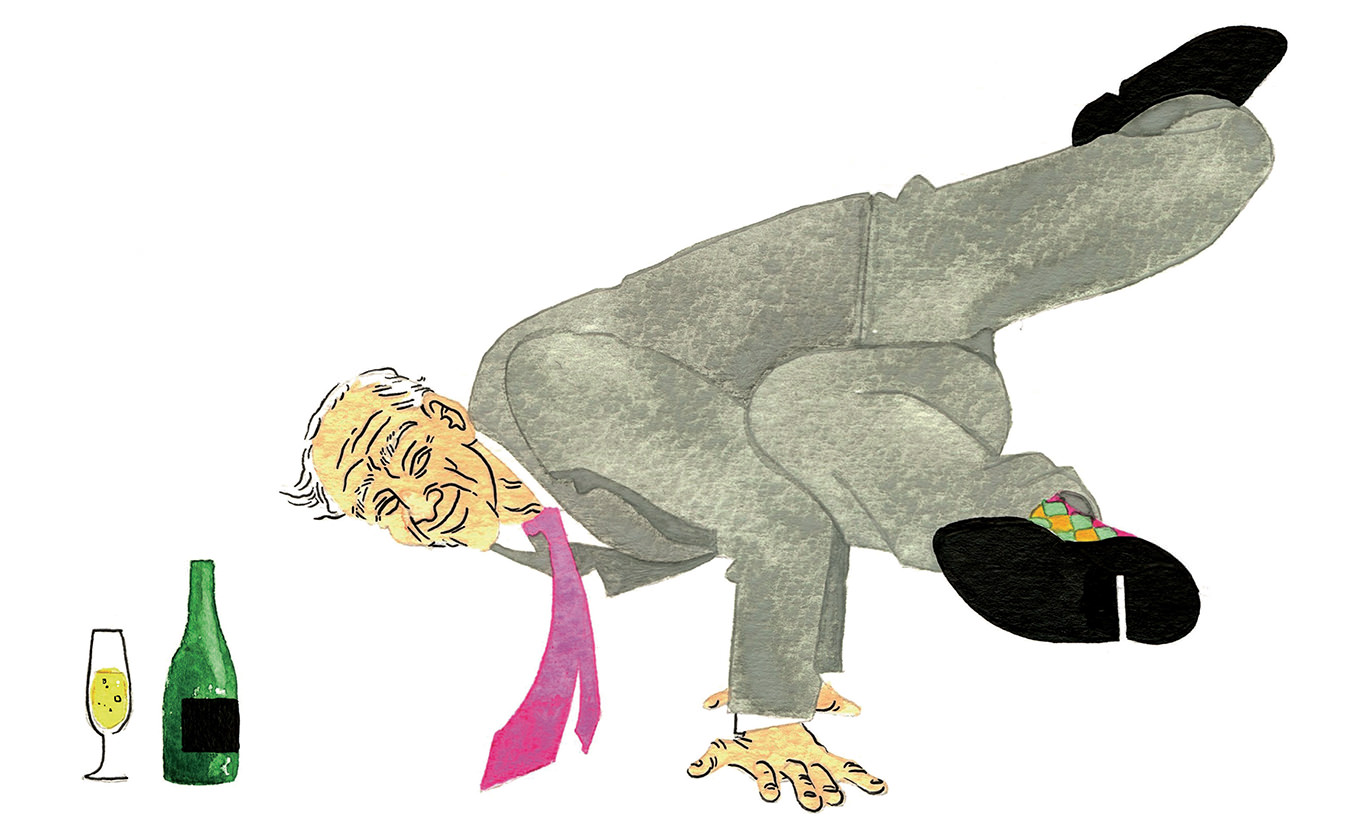News Parody Sites Remind Us of What’s “Really” Important in a Post-Truth Age
Social commentary hilarity.

Photo by Andrea Piacquadio from Pexels.
Let us all agree on the value of being well-informed—of being an engaged citizen; of being up-to-date on the goings on in our communities. All laudable goals. But—must reading the front page make us want to toss the newspaper away and cover our head with a soft blanket?
Not if we’re reading fake news. No, not that fake news. Rather, the real stuff: the intentionally fake news found on parody sites such as The Onion, The Beaverton, The Borowitz Report, as well as innumerable video channels and comedy programs that use the format. All offer a refreshing break from the heaviness of the here and now via a humorous trip through the maybe-it’s-true. Clothed in the diction of the all-too-earnest, no-nonsense newsroom, these “real fake news” stories are lighthearted entertainment and serious social commentary at the same time, skewering the hypocrisy evident in our politics, celebrity, social issues, pop culture, technology, and a host of other topics, all while making us laugh.
A quick scan of some typical headlines from the past few years illustrates how real fake news can uncover laughs in even the bleakest topics: the funny in impending climate catastrophe (“Earth Hopes Weird Burning Sensation Nothing Serious”); the hilarity of the new Cold War (“Senate Passes $50 Billion Bill to Combat Chinese Influence by Developing Own Pandas”); the yuks in Canada’s eternal constitutional crisis (“Parrot Removed From Montreal Biodome After Learning Too Much English”); or even the foolishness of fake news itself (“Facebook Clarifies Site Not Intended to Be Users’ Primary Information Source”).
Here’s a secret: writing is a hard gig. Writing jokes—harder still. Writing jokes with insight—well, that’s the hardest of all. And therein lies the art of real fake news: that moment of, well, let’s not call it truth, exactly. More like a revelation: the aha moment that leads to a fresh understanding of the folly and hubris upon which we’ve built the world.
All of which makes it an art form particularly suited to this most post-truthian of eras. Because while we may poke fun at celebrities, politicians, and the ubiquitous “Area Man,” the real laugh is on us: our propensity to trust what we read, to delegate critical thinking to pundits and prognosticators, to abdicate that most critical task of being an informed citizen. It’s enough to make you cry—if you weren’t so busy laughing.




